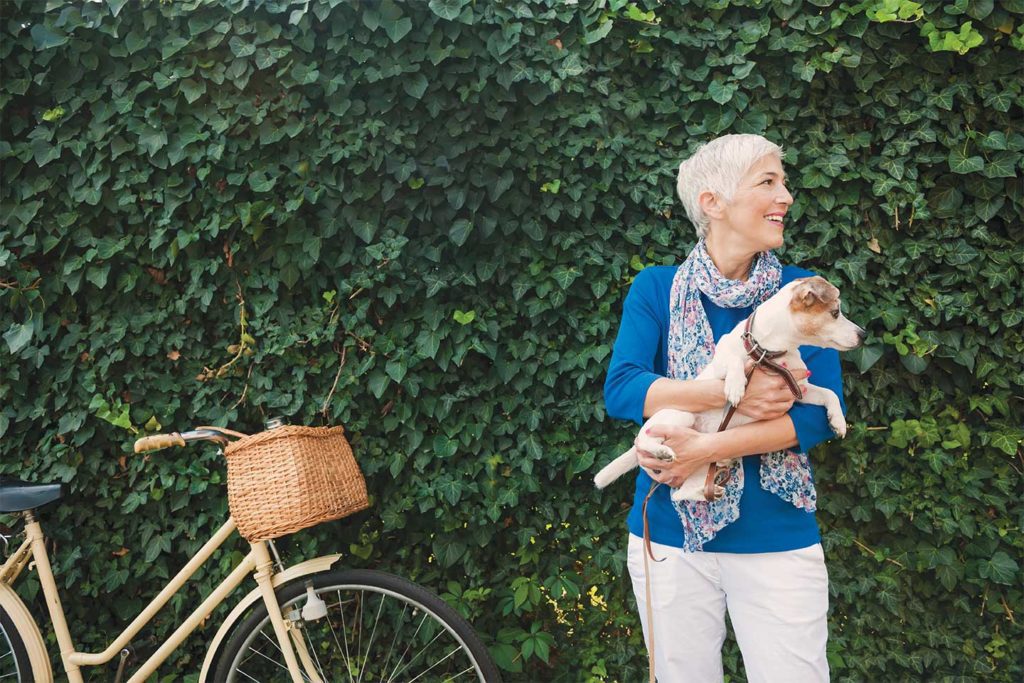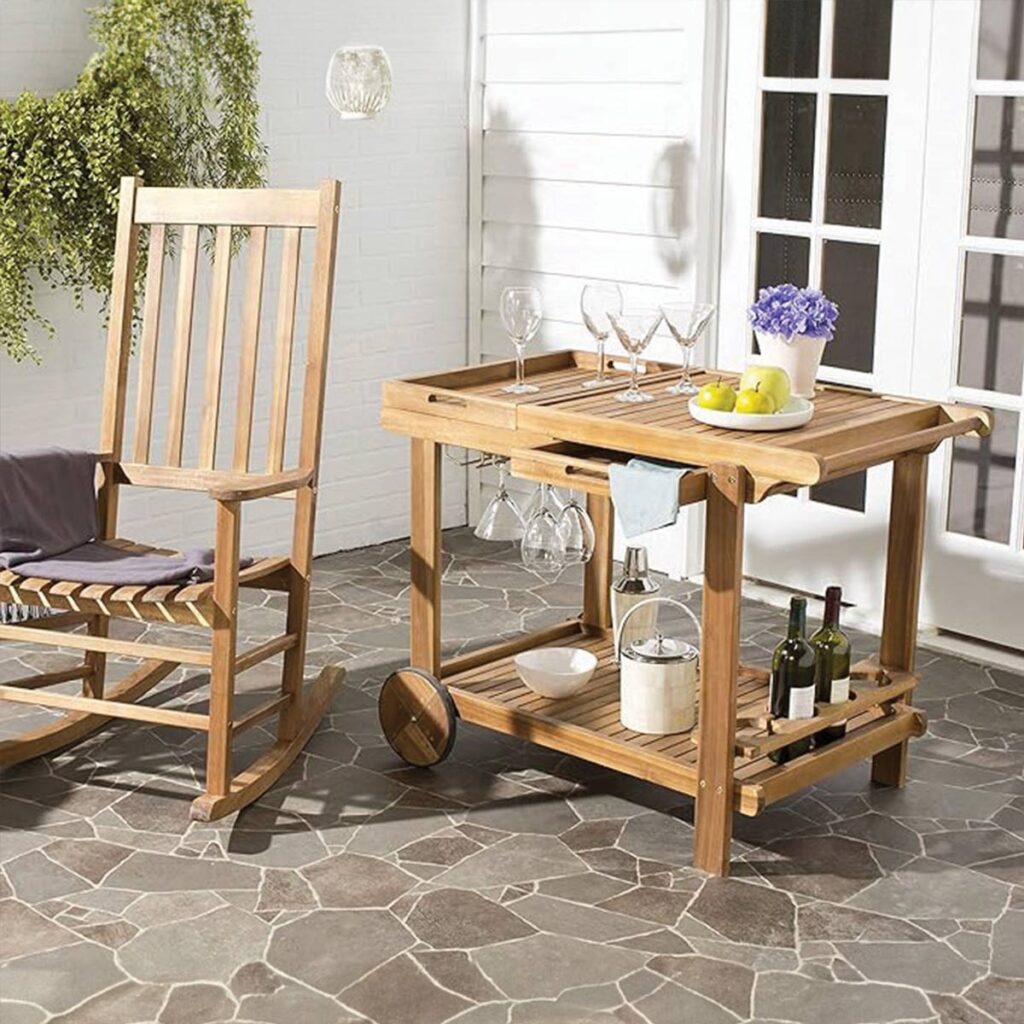Innumerable Health Benefits of Pet Ownership
Some people call it a medical phenomenon or a breakthrough on the healthcare front. It lowers stress, improves heart and lung function, while at the same time decreasing blood pressure, cholesterol, and triglyceride levels. Benefits include more exercise, speedier recoveries, decreased anxiety, and fewer feelings of isolation and loneliness. Is it a miracle drug? No, it’s pet therapy.
English novelist George Elliot said, “Animals are such agreeable friends. They ask no questions, and they pass no criticism.” While those admirable qualities remain true, we now know that in addition to being the best of companions, pets immeasurably improve their owners’ health.
Sixty-eight percent of American households include at least one pet, and studies show that these are healthier homes. Having a pet means better sleep, increased fitness levels, fewer sick days, and not as many trips to the doctor.
Exercise

Why? For one, four-legged friends, especially dogs, get their owners off the sofa. One of the physical benefits of pet ownership is simply more exercise. Dr. Annesofie Dubeck with Parkridge Medical Center agrees. “Having a pet is good for both your physical and emotional health.” When you’re responsible for a pet, moving around is a necessity; the ball doesn’t throw itself, and the cat will pester their human until the bowl is filled. “Pets force you to establish a daily routine,” Dr. Dubeck says. Walking the dog and playing with the cat are great ways to burn more calories. For example, playing fetch for only 20 minutes can burn up to 100 calories.
Healing
Pets promote healing. Research indicates that owning a pet can improve a patient’s chances of survival after a life-threatening event, such as a heart attack. The difference pet therapy makes in clinical settings is undeniable. Lisa Morgan wears several hats at Siskin Hospital for Physical Rehabilitation, one of them being department coordinator for recreational therapy. She oversees the Pet Therapy program, and more than 50 local volunteer pets are on her call list.
“There is no negating the fact that pet therapy is a win-win for our patients, their families, and the staff,” she says. “It’s such a stress reliever when the pet enters a large therapy area; they truly give to everyone in the room.”
For example, a stroke survivor will struggle to reach for a ball. The same patient, with amazing agility, reaches for the Golden Retriever with motivation that the ball can’t give him. “Patients get excited to physically propel themselves to the pets,” says Lisa Morgan. She sees reluctant young patients, who are intimidated by interaction with adults, curl up and read books to the pets. She has a simple explanation: “The children know they’re not being judged.”
T.C. Thompson Children’s Hospital began its pet therapy program in 1998 and now has 40 pet volunteers. Wallis Davies, both Child Life Manager and Ronald McDonald Care Mobile Manager, has witnessed the program’s success in powerful ways.
“It normalizes the hospital environment for the children,” she says. “The pets decrease the anxiety and increase the laughter around here.” The four-legged volunteers distract and comfort the children, not just by being there, but in pointed and specific ways too. “We were working with a child,” Wallis says, “who couldn’t be sedated for a radiology procedure. The child wasn’t interested in toys but loved animals. One of our pet therapists sat at the bedside, and the child petted the dog throughout the entire procedure.”
Pets & Seniors
Pets and seniors are often perfect matches. Aside from being pure bundles of joy, pets provide seniors with constant companionship, and the commitment alone takes the focus outward. The pets help keep feelings of isolation at bay and encourage their owners to get more involved in daily activities, to stay fit, and to socialize.
Hospice
As with physical rehabilitation and children facing health challenges, pet therapists play a huge role with hospice. Pat Street is the volunteer coordinator with Hospice of Chattanooga, and 20 of her volunteers are canine, plus one special feline. “By definition,” Pat says, “hospice can’t always be the happiest of situations, but that’s not the case when the pets are here.” The Hospice of Chattanooga staff occasionally meets a patient resistant to having a volunteer visit, but when a therapy dog or cat is mentioned, they change their minds. “A dog will come to my room? Sign me up.”
Intangible Benefits
Research proves that pets in the home directly contribute to better health. Could it be, though, that the single largest gift pets give to our overall good health bypasses the tangible and goes straight to the heart? The human-animal connection, dating back to the first wag of the first tail, almost defies scientific, quantifiable analysis, because our pets simply make us feel better, and how much better can’t be measured.
Who else greets you as if you’ve been on a ten-day cruise when you’ve only been to the bank? Who will wear a lovely hat and join the children at tea time? Empty-nesters find an outlet for their nurturing skills. Singles with pets feel more secure with a confidant and date magnet curled at their feet. After all, Roger didn’t meet Anita in “101 Dalmatians” through an internet dating service – they were introduced by Pongo and Perdi.
Pets contribute to our health and quality of life. From healing to companionship, pets are a source of joy and are friends to be treasured. Enjoy some quality time with your pet at one of the many pet-friendly locations in the Chattanooga area including Ross’s Landing, Renaissance Park, and as of August 7, on the Walnut Street Bridge. Spending time with your pet will mean increased wellness, and the return on your investment will be a longer, happier life.
Gretchen Smith
Gretchen Smith has lived in Chattanooga for 35 years. A resident of Lookout Mountain, she has three children and is married to Marvin Smith.




